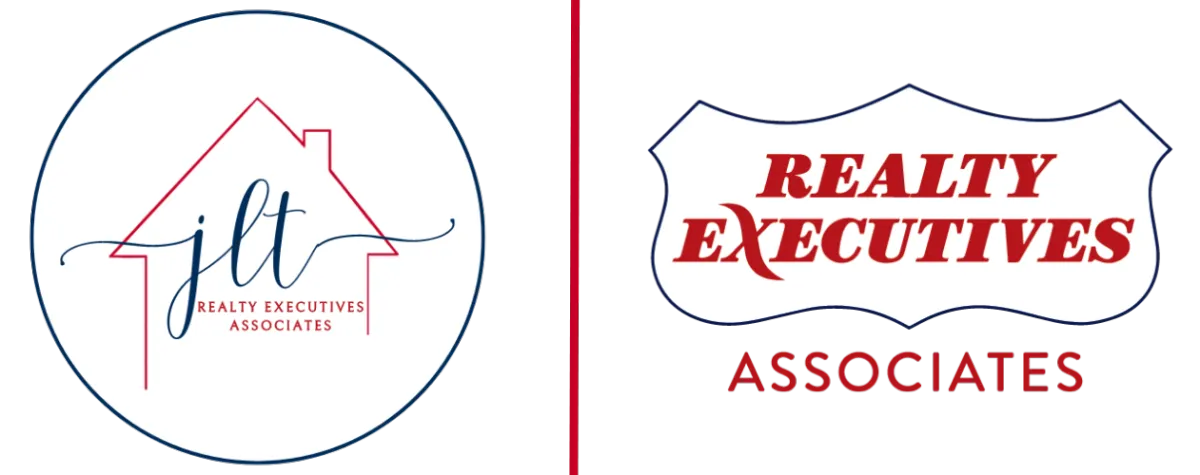How Much Is Your Home Worth?

What Is Earnest Money in Real Estate? Everything Buyers Need to Know
When you're buying a home, there's a lot of talk about down payments, inspections, and closing costs. But there's another key piece of the puzzle that often gets overlooked—earnest money. So, what is it, why does it matter, and what happens to it?
Let’s break it down.
What Is Earnest Money?
Think of earnest money as a buyer’s way of saying, “I’m serious!” It's a deposit made when submitting an offer on a home, showing the seller you're committed to the deal. It's not the same as a down payment, but it is typically applied toward your down payment or closing costs once the deal goes through.
It’s a key part of real estate negotiations—and it helps keep both parties accountable during the buying process.
Why Earnest Money Matters
Here’s why this deposit plays such an important role in real estate deals:
It Shows You’re Committed
Earnest money gives sellers peace of mind that you’re not just window shopping.
It Protects the Seller
If a buyer backs out without a contractually acceptable reason, the seller might get to keep the deposit to offset the time and potential financial loss.
It Goes Toward Your Costs
If everything goes smoothly, the earnest money is applied to your final closing costs or down payment. Win-win!
How Much Earnest Money Should You Expect to Pay?
In most cases, earnest money ranges from 1% to 3% of the purchase price—but this can depend on:
Local market trends
How competitive the market is
The seller’s specific terms
In hot markets, offering more earnest money can sometimes give buyers a stronger edge.
What Happens to the Money?
If the sale closes: That money is credited back to you at closing.
If your offer is rejected: Your earnest money is refunded.
If you back out for the wrong reason: You may lose the money to the seller.
That's why it’s so important to understand your contract contingencies—such as financing, inspections, or appraisal terms—before putting down your deposit.
Pro Tip: Know Your Local Laws
Real estate rules around earnest money can vary by state, so always work with a knowledgeable local real estate agent and consider consulting a real estate attorney. They’ll help you understand when your money is protected—and when it’s not.
Final Thought
Earnest money is a great way to stand out in a competitive market, but it’s also a serious commitment. With the right guidance and a clear understanding of your contract, it can be a smooth step toward your dream home.
Disclaimer: This information is for general knowledge and informational purposes only and does not constitute financial, tax, or legal advice. We are not lawyers, financial advisors, accountants, loan officers, or mortgage brokers. Please consult with a qualified professional to understand your specific needs.





